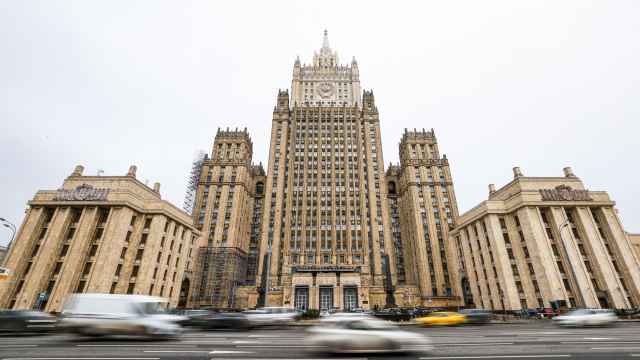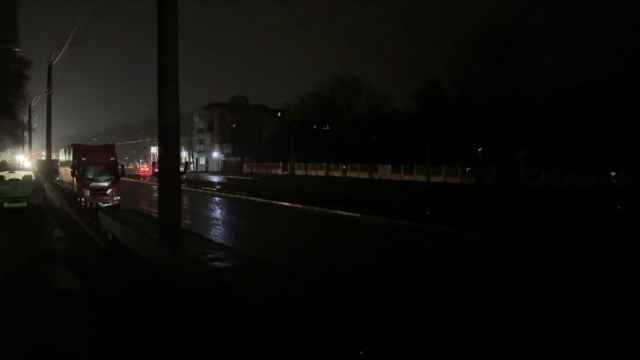ALMATY, Kazakhstan — Kyrgyzstan is highly volatile after June’s ethnic clashes, and there are widespread fears that an election next weekend could trigger new violence, Europe’s leading vote monitoring group said.
Kyrgyzstan will hold an election on Sunday intended to create Central Asia’s first parliamentary democracy, where the prime minister will have more power than the president.
So far the campaign has been competitive and highly visible, and all 29 contesting parties have been able to campaign freely without major incidents, vote monitors of the Organization for Security and Cooperation in Europe said in an interim report.
However, it added: “The overall security situation remains very tense with reports of incidents of disappearances and violence. Tensions continue to be high, especially in the south.”
This may deter voters from casting their ballots, “especially among the ethnic Uzbek community,” the OSCE said in the report published Friday evening. “Despite efforts by the authorities to increase the presence of security service … interlocutors asserted that election-related violence cannot be ruled out. Nevertheless, they hope that the parliamentary elections can be a step toward stabilization.”
Kyrgyz leader Roza Otunbayeva has pledged during a visit to the south to ensure public security during the election and prevent mass disorder and interethnic clashes.
But the OSCE cited local representatives as saying ethnic Uzbeks may be deterred from voting by the strong recriminations over the June events and use of nationalist rhetoric by some parties.
All 29 parties running in the election have respected a rule about including national minorities in their candidate lists, but only six had placed such candidates in winning positions, the OSCE said.
The OSCE also said some parties had voiced concerns about vote buying and abuse of administrative resources.
The OSCE, which has asked its member states to send 300 short-term observers for the election day, also pointed to “a general lack of trust in the authorities, especially among ethnic Uzbeks as a result of the June events.”
More than 90 percent of voters in a June 27 referendum supported Otunbayeva’s plans for parliamentary democracy.
Russia, which sees Kyrgyzstan as part of its sphere of influence, has strongly criticized the plans to build a parliamentary republic.
President Dmitry Medvedev said Sept. 10 that he was afraid it would end in a “catastrophe” for Kyrgyzstan.
A Message from The Moscow Times:
Dear readers,
We are facing unprecedented challenges. Russia's Prosecutor General's Office has designated The Moscow Times as an "undesirable" organization, criminalizing our work and putting our staff at risk of prosecution. This follows our earlier unjust labeling as a "foreign agent."
These actions are direct attempts to silence independent journalism in Russia. The authorities claim our work "discredits the decisions of the Russian leadership." We see things differently: we strive to provide accurate, unbiased reporting on Russia.
We, the journalists of The Moscow Times, refuse to be silenced. But to continue our work, we need your help.
Your support, no matter how small, makes a world of difference. If you can, please support us monthly starting from just $2. It's quick to set up, and every contribution makes a significant impact.
By supporting The Moscow Times, you're defending open, independent journalism in the face of repression. Thank you for standing with us.
Remind me later.





